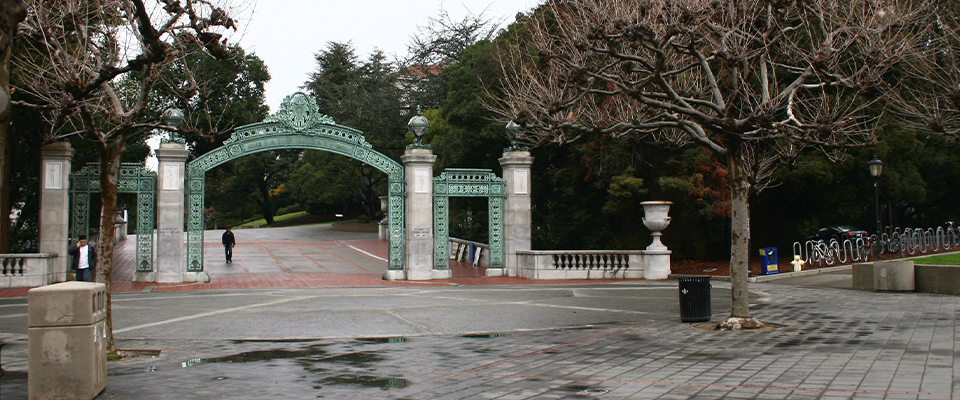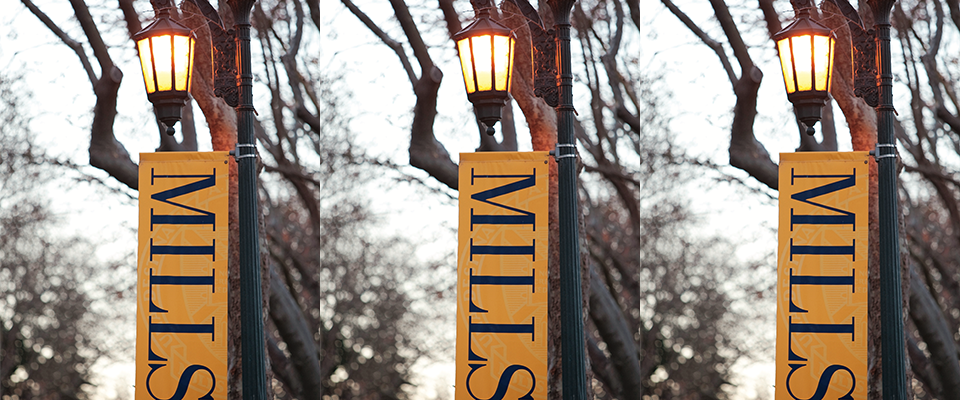On Friday, March 13, UC Berkeley chancellor Carol Christ announced that instruction for the remainder of the semester would be moved to an online platform, clearing parts of the campus at one of its busiest times of the semester. Many students were surprised, others weren’t. But the majority saw the decision as a signal that the worst of the coronavirus pandemic was yet to come.
The closure caught many off-guard. Professors were only given 24 hours notice before they had to take their classes online.
Over the next few days, the pandemic not only disrupted the instructional school year, it effectively ended club gatherings, on-campus work opportunities, sports seasons, research, and canceled the mid-May graduation ceremony. In response, most students went home.
Not everyone left, however. Harrison Newgard, a second year environmental economics major, decided to stay in his dorm until March 19. He was one of only two people left on his floor. “It’s just crazy to me. Corona reminds me of an episode of Black Mirror,” said Newgard, describing the emptiness of campus.
Newgard is originally from Portland, Oregon, a city hit early on by the outbreak. He stayed in Berkeley to focus on a take home midterm, knowing how difficult it would be to do school work while at home. Almost immediately after he decided to stay in Berkeley, his midterm was canceled. He spent the next few days willing himself to get out of bed.
Madison Moss, a graduating senior, has also found continuing school difficult with anxieties remarkably high. “I’m usually very ahead on my work, but right now I have so many things to catch up on, even things that are due today that I haven’t even looked at.”
The closure caught many off-guard. Professors were only given 24 hours notice before they had to take their classes online. Similarly, undergraduate researchers found out hours before their labs were closed that they would lose access to the projects they had been working on.
Moss has been conducting immunology research for the past year. She planned on using her research to complete an honors thesis in molecular and cell biology and earn credit for her last lab course requirement. That all was jettisoned when the campus announced its closure.
She’d had an inkling that she would have to abandon her research once the virus reached the United States. So, in the days leading up to the lockdown, she did as much as she could to finish her thesis, coming into the lab for up to 30 hours a week. On March 9, Moss was told that her access to the lab would be restricted so that no more than ten people could be in the lab at a time. She consulted her post-doc for advice.
“We made a plan where [my post-doc] was going to go in in the morning, start my final project, and then after the five-hour incubation period that it required, I would go in and probably work all night finishing it. Then this lockdown happened and threw a wrench in that plan,” says Moss.
She was lucky. She had compiled just enough research and experiments to be able to put together her thesis.

Looking to the future, Moss worries about graduating into a probable recession. While she has accepted a position as a researcher at the University of California, San Francisco, she knows many of her friends are less fortunate.
“Some of my friends got a job, but [because of the virus] they can’t work now. Or they’re worried about getting a job because interviews are canceled,” says Moss.
This sentiment was echoed by Maddison Brown, a graduating senior who came to Berkeley from Melbourne, Australia to compete on the Cal rowing team. Not only was her final season canceled just as the team had reached their peak training, but she had to scramble to leave the country before the borders were closed.
For Brown, it was clear that the rowing season would be canceled before the actual announcement was made on March 12. A day after the Ivy Leagues ended their season, the Cal rowing team met for their regular practice, but the feeling was “gloomy.”
“My coxswain said to me, ‘Just make the most of it while you can,’” Brown says. “‘We’re in the boat, and we have a two-hour training session ahead of us. Why bother worrying about the future when we have a full crew of eight healthy girls together. Let’s just have fun.’”
While some feel cheated out of two months of their college experience in these circumstances, there’s also a sense of connectedness with everyone who has been impacted by the outbreak.
Later that afternoon all 60 members of the team crammed into their coach’s small office, blatantly ignoring guidelines against gatherings of more than ten people, to hear the announcement that their season was canceled. While the next few hours were filled with emotional speeches and goodbyes, Brown reminded the team that the hours they had dedicated to training were not a waste.
“We created magic in this team,” she told her teammates.
Brown spent the next couple of days saying her own goodbyes, packing whatever she could fit into the three allowable suitcases, and selling whatever was left. By the time she was ready to go, both the Prime Ministers of New Zealand and Australia had put in place requirements for all those returning from abroad, regardless of citizen status, to be quarantined for 14 days.
Brown is now in New Zealand in her second week of quarantine. She chose to fly to New Zealand so she could quarantine with her friends from the Cal men’s rowing team. But the major airlines that fly between New Zealand and Australia have since reduced their passenger capacity by 90 percent with only one flight a week connecting the two countries. She fears she won’t be able to return to Melbourne.
Unlike Moss, Brown does not have a job lined up after graduation. In between quarantining, navigating Zoom classes with a 20-hour time difference, and looking for a flight home, she knows that she also needs to accelerate her job search. She’d planned on ending her rowing career with graduation but now is re-evaluating.
“I really want that closure to my athletic career,” says Brown as she considers competing once more for the Australian national rowing team, as she has for the past several years.

On March 23, commencement was canceled. While some students can come back to Berkeley to take graduation photos and fulfill the traditions of chugging a beer under the Campanile and popping champagne on the steps of Doe Library, Brown does not see herself being able to come back to Berkeley. It’s just too far away and too expensive a flight.
While some feel cheated out of two months of their college experience in these circumstances, there’s also a sense of connectedness with everyone who has been impacted by the outbreak.
“There’s one thing that’s a bit comforting in all of this. I always have fear of missing out, FOMO, and at least there’s nothing I can really be missing out on right now,” says Newgard.
Newgard is not alone in finding comfort in this shared commiseration.
“This is a rowing saying, but we’re all in the same boat here,” says Brown. “That’s why this tragedy and this devastation doesn’t actually feel so bad, because we are all affected by it in some way.”





















